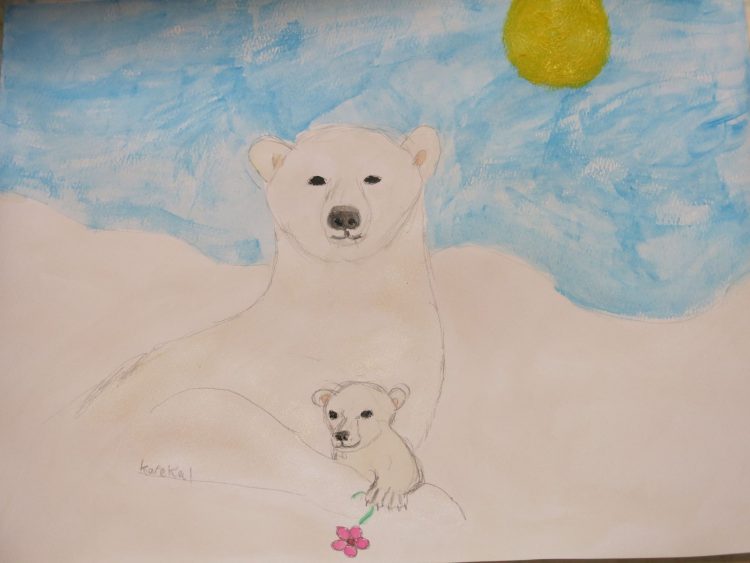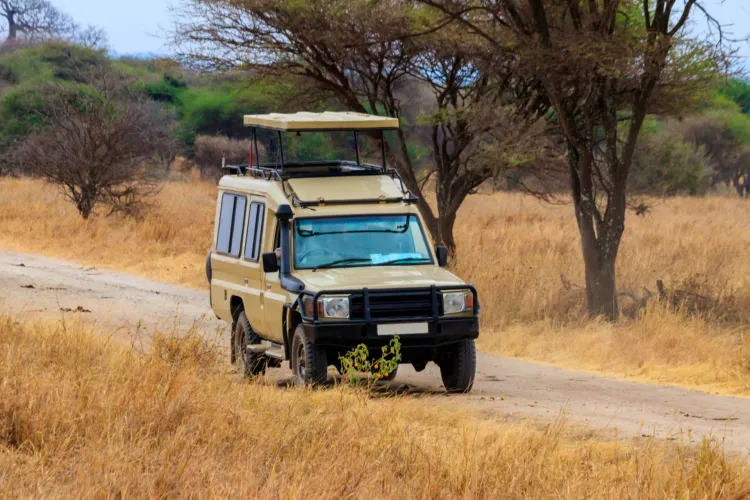Do you hear some scratching in the attic? Or droppings in the garage? This is a sign that wildlife has snuck into your home. Want to know what these threats are? And how can you save yourself and your family? Well, keep reading to find out!
Here is all about the dangers animals pose and how to avoid them.
Direct Health Risks of Wildlife
As aforementioned, wild animals are not the most friendly beings and getting them removed with the help of mywildlifeservice should be your priority. In fact, they can be a direct risk to your health in two ways, as mentioned below:
You Can Catch Diseases
Did you know that you can get infected by wild intruders at your property? If you didn’t, here is the info you need:
Rabies
Several rodents, bats and skunks can bring this virus to your home. Beware of a bite or even a scratch from them or you can face serious health problems.
Leptospirosis
This disease has flu-like symptoms initially. However, in serious cases, it can even lead to organ damage. It occurs to indivuals who come in contact with the urine of infected animals like rodents or raccoons.
Hantavirus
This can lead to severe respiratory problems. Moreover, the main carriers of these diseases include mice and rats.
Histoplasmosis
The feces of birds and bats contain spores that can cause serious lung infection if inhaled. Such a situation occurs because of droppings in enclosed spaces.
Parasite Invasion
Apart from health issues, wild animals also bring their notorious companions with them – parasites with them. Here are the risks they pose:
Fleas & Ticks
These often accompany raccoons, squirrels, and rodents when they enter your living space. Remember, their bite is not just itchy. Resultingly, Lyme Disease can even infect you.
Mites
Here is another by-product you have to face: mites! These can lead to skin irritation and other dermatological problems.
Roundworms
Another downside of raccoons invading your home is that they are the carriers of roundworms. The droppings of these animals spread and can cause serious issues if ingested accidentally.
Indirect Health Risks of Wildlife
We’ve talked about how several animals in your home directly impact you. Let’s talk about some more – indirect issues.
Breathing Problems
The waste animals excrete is not exactly the safest thing to be around. In fact, it can be really damaging to the air quality. After all, it contains.
- Ammonia from rodent urine can build up over time, irritating your eyes, nose, and lungs.
- Spores are found in bat droppings (also called guano). They can lead to histoplasmosis.
Food Contamination
Animals sneaking into your kitchen or pantries carry bacteria like salmonella. When these enter into the human body, they can lead to serious food poisoning, diarrhea, fever, and even stomach pains.
Structural Damage
Wildlife instrusion can also be bad for the property’s integrity. It is so because these can be a threat in the following ways:
- Chewing Wires – Rodents sneaking into unattended homes is quite common. But this becomes a safety risk when they reach the electrical wiring and start chewing on it. This can even become a fire hazard.
- Damaged Insulation – Noticed tears in your property’s insulation? Well, this is the masterpiece squirrels and raccoons may have created for you. This causes condensation buildup, damaging the walls, ceiling, etc.
Suspect wildlife at your home or property? Act quickly – check out mywildlifeservice.com, Southern Michigan top wildlife service and seek protection now!
Why You Shouldn’t Ignore Wildlife in Your Home
Health Issues
The prolonged stay of wild animals at your home is not good for your well-being. As aforementioned, they don’t come alone; they bring with them several germs and parasites. Therefore, they can be a major health risk for you and your loved ones.
Droppings & Urine
Let’s get this straight: if you ignore the presence of wild animals for way too long, be prepared for all the contamination and excreta. And keep in mind that it’s going to multiply if you don’t get rid of these uninvited guests on time.
Infestation Begins
Another downside (a major one) is that you have to be ready for the reproduction of these animals. They are going to multiply their families and all you’ll do is watch them grow. Really? Well, it’s better that you take the right measure at the right time!
Wildlife That Poses the Most Risk
While all wild animals are dangerous for your property. The unwanted presence of the following is the most risky:
- Bats
- Rats
- Mice
- Raccoons
- Squirrels
How to Keep Your Home Safe?
Seal Entry Points
This is the most effective move. Stop the danger before it even comes to your home. Look for cracks, vents, chimneys, and crawl spaces and seal them properly.
Regular Inspection
This is another important preventive measure. You can do this yourself or even hire a professional for the job. Getting your home assessed on a regular basis can prevent all sorts of wildlife-related dangers.
Safe Removal
Also, you can seek professional wildlife control for the proper removal of these unwelcomed beings. After all, they know how to get the job done right and in a human way.
Cleanup and Restoration
Removal of these animals is one thing, the cleaning afterward is another – and an important one. The control team you hire will also clean, sanitize, and decontaminate your space. This way you’ll be able to restore a healthy living environment.
Conclusion
If you have come reading this far, you know what a nuisance wildlife can be – if they enter your premises. Don’t want unsafe conditions for your family? Act sooner; schedule a wildlife removal service on time!







Leave a Reply